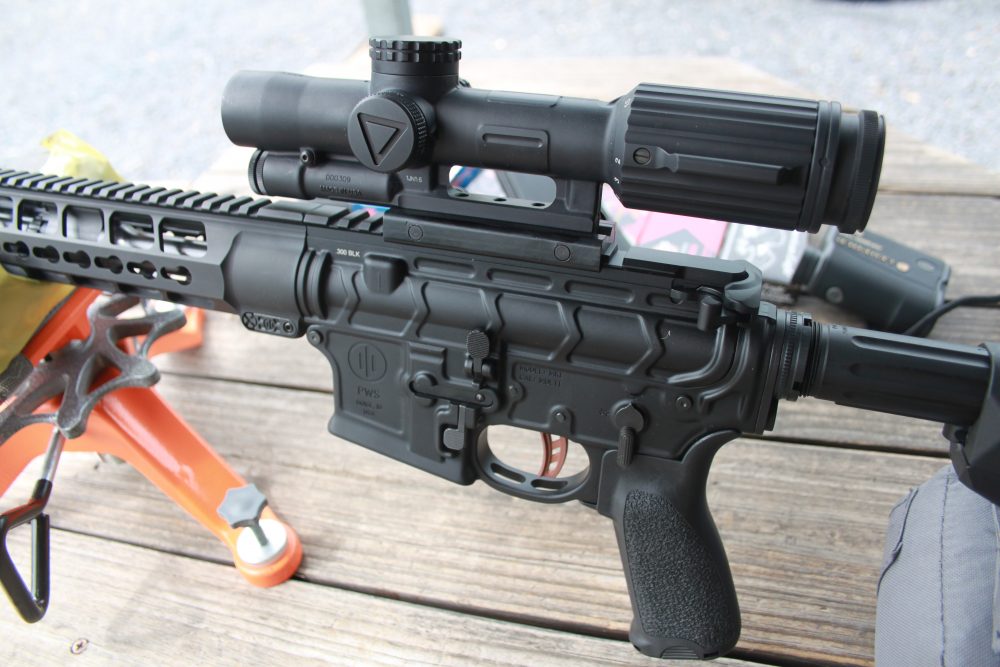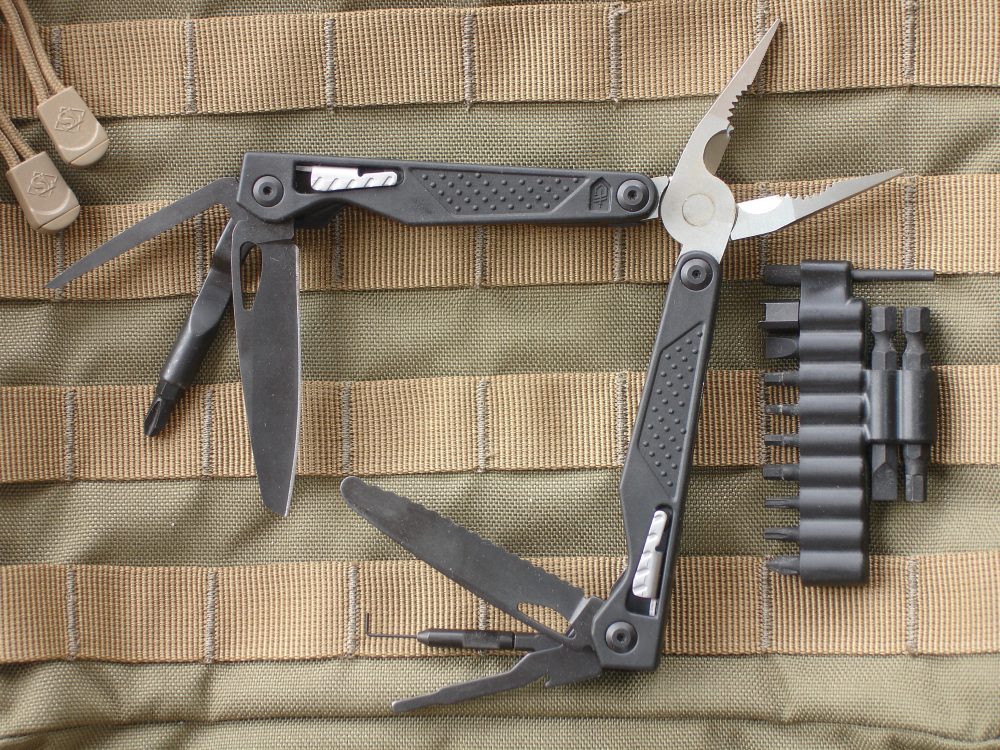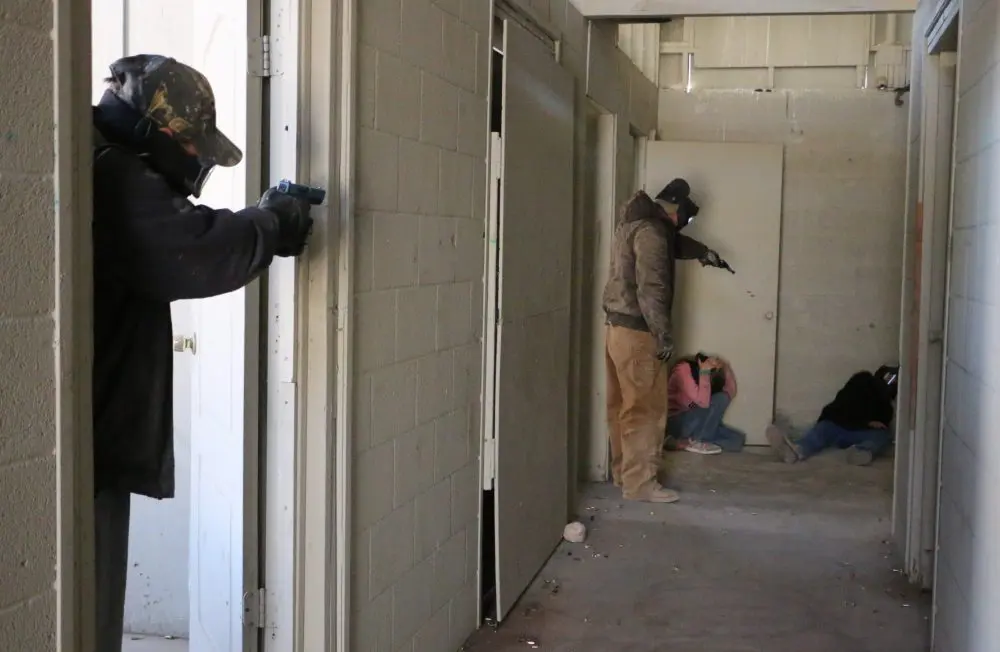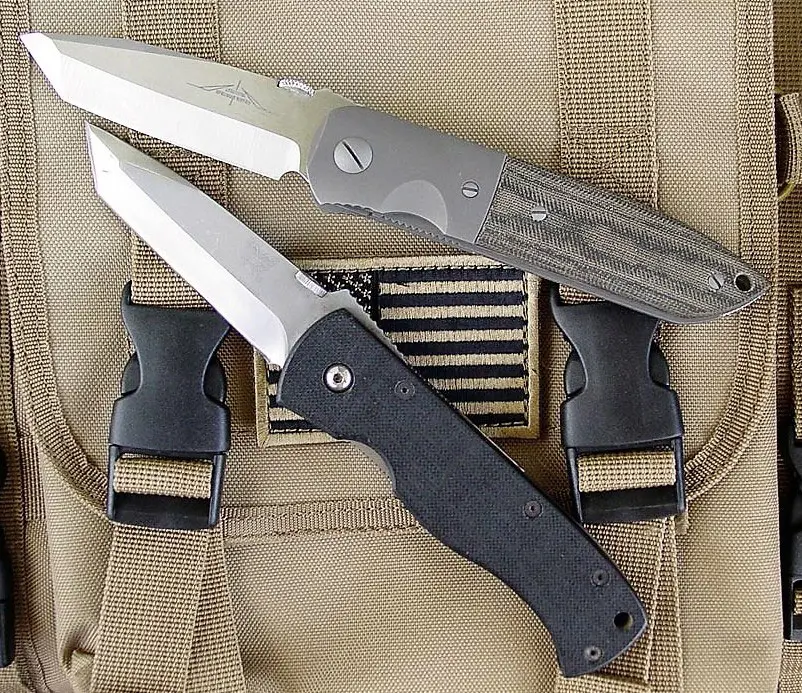Society has changed so much. Today we are more accepting of differing viewpoints and even tolerate lifestyles that a few years ago would have been hidden deep from view. Fortunately, this acceptance of what used to be considered strange, odd or even immoral now gives me the freedom to share my own secret with everyone.
With this column, I’m officially coming out of the closet and declaring: I’m a “prepper.”
Some of you probably thought I was going to announce something vastly different.
Publicly stating that you are an advocate of the preparedness movement is something that only a few years ago would have been looked at sideways by many people, even though most S.W.A.T. readers would be the exception to the rule. Regardless, the prep movement is now a hot topic.
Whether television shows such as Doomsday Preppers or the whole zombie craze are causes or symptoms of this buzz, I don’t care. The bottom line is that many folks, even one or two normal people, are becoming interested in preparedness (For those with impaired humor glands, that last sentence was a bit of sarcasm).
Unfortunately, as I talk more openly with people about prepping, I’ve found a very common but erroneous idea that continues to create confusion: the belief that preparedness is all about scenarios.
That is wrong, and furthermore, wrong!
Doomsday Preppers is a prime example of this phenomenon, but the same thing happens in nearly every conversation I’ve had about preparedness. It goes something like this: “Well, I’m ready for XXX!” What the person really means is that they have laid in supplies and made plans for certain situations instead of considering the whole field of endeavor in a more holistic (and flexible) manner.
On the face of it, scenario-based prepping has its merits. You should consider the specifics of dealing with certain high-likelihood scenarios such as power outage, hurricane or civil unrest. For example, your plans for dealing with a thawing freezer full of steaks are obviously different than your strategies for handling local rioting.
However, getting too specific about your particular flavor of nightmare ends up wasting time, money and energy that might be better spent in areas that would allow you to better handle any situation. Because, unless you are clairvoyant, I defy you to explain in detail the next crisis to befall your own life.
Rather than worry about how to survive situation one, two, three, ad nauseum, the proper way to be ready for life’s problems is by focusing on basic areas of need: food, water, security and safety, shelter, medical care, continuity of operations (personal financial and business records, vital documents), sanitation, transportation, communication, and clean up and repair.
If you have practiced basic skills and stockpiled a few supplies for each of these areas, you are far more likely to do well after any emergency regardless if the problem is a short-term power failure or a nationwide terrorist strike by a cult of militant nuclear-armed pre-teen Justin Bieber fans.
A proper preparedness plan is a series of complementary modules rather than discrete packages for each eventuality. I developed this analogy after considering the lessons learned from my own favorite preparedness activity: backpacking. In a sense, multi-day backpack trips require you to become a self-sufficient homestead unto yourself, much like we preppers are trying to achieve on a larger scale.
I don’t fill my pack with the idea of having one stuff-sack full of supplies for eating lunch on the first afternoon, one set of gear for when the temperature falls below 52 degrees, and one batch of stuff for when I fall down a cliff. In any of these scenarios, I pull from various modules. And I often improvise along the way, to solve my problem whether it be an empty belly or a missing limb due to bear attack.
Taking things on a larger scale, your home becomes your backpack and your modules become more comprehensive, but regardless of size and scope, your preparations are still based upon basic categories of needs rather than specific issues. If security is a problem, you reach for the appropriate bag of tricks.
My only caveat is not to focus too heavily on one area. While it is practical and even fun to talk at length about guns and knives, we can’t overlook things like water filtration, food storage and sanitation.
In fact, consider that preventable illnesses have killed far more people than firearms. Given a choice between a nice .45 auto and a bar of soap after a major disaster, I might take the soap.
Considering guns, remember that it is the height of folly to believe you can solve all your problems with bullets. It has often been said that bullets are inedible and even if you plan on shooting all your own food, your neighbors and the local authorities would take a dim view of poaching a deer simply because the power has been off for three days.
I recently heard well-known preparedness author Steven Harris note that “It’s easier to feed your neighbors than to shoot them.” His well-taken point was that, during anything short of total societal breakdown (which arguably is a very unlikely scenario on a national scale), you would be better served to work with your neighbors instead of holding them off at gunpoint. Firearms are useful, but so are extra butter and bandages.
Even if things truly go to hell, you will already have a good start on handling that scenario.
In other words, being prepared is really the only prudent “alternative lifestyle.”






